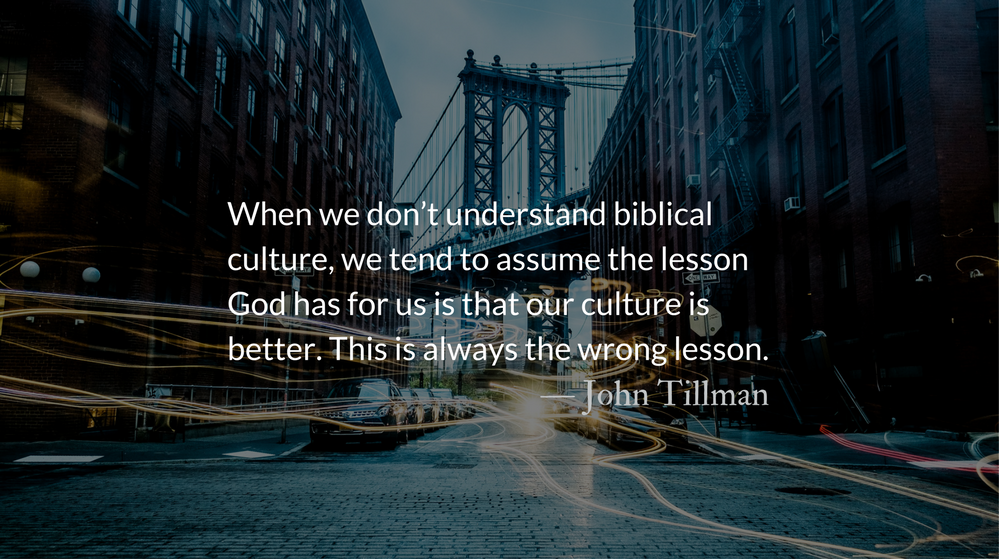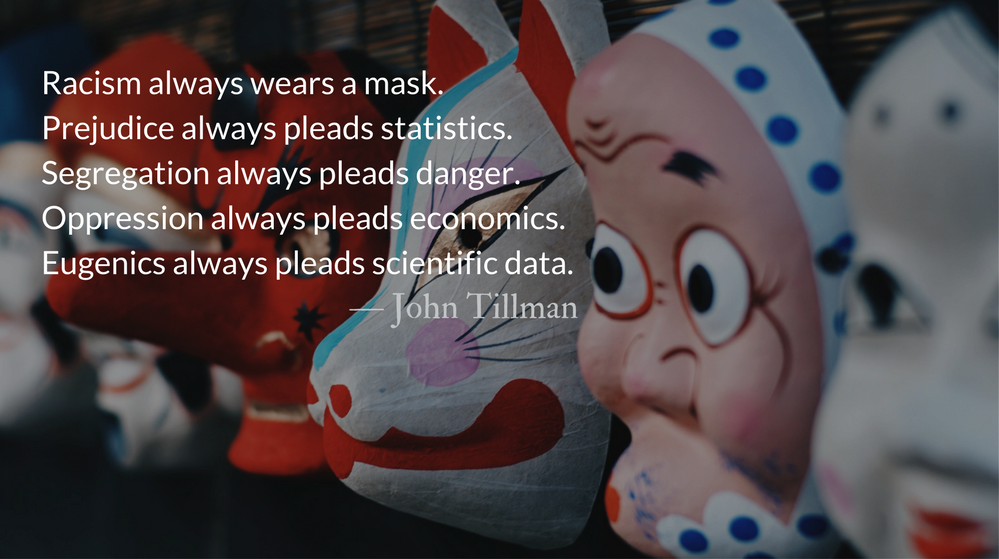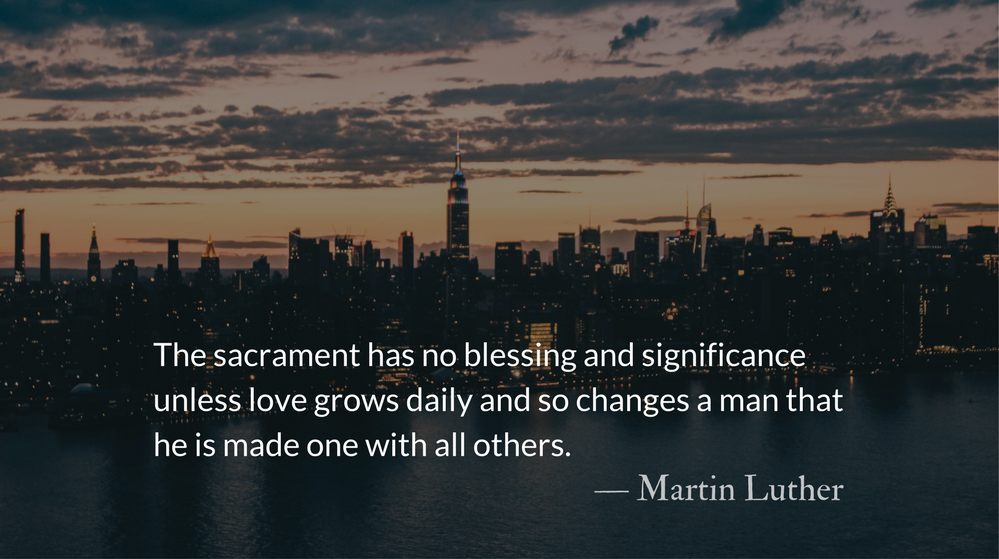Scripture: Esther 8.3
Esther again pleaded with the king, falling at his feet and weeping. She begged him to put an end to the evil plan of Haman the Agagite, which he had devised against the Jews.
Reflection: Cringing at Culture or at Christ?
By John Tillman
You’d be hard pressed to find a Christian or Jew who would express dislike for Esther. However, depending on your political/philosophical bent there are aspects of her story that make one cringe.
Some cringe when Esther is supplicative and submissive—submitting to being one of a harem of wives, throwing herself into servile hospitality and beauty as strategy, and finally, pleading and begging, apologetically before the king, her husband. We want her, instead, to be a modern, powerful, assertive woman.
Some cringe when Esther is powerful and assertive—she is unashamed of her sexuality and uses the power of beauty and seduction, she writes law for a nation, she orders the death of her enemies, she tells the king what to do. We want her, instead, to be a demure princess so we can dress up our daughters like her.
Esther’s culture specifically and biblical culture in general is so foreign to us that we often fail to understand it. Even with years of study and knowledge of cultural facts, we can’t fully understand what living in that culture was like. When we don’t understand biblical culture, we tend to assume the lesson God has for us is that our culture is better. This is always the wrong lesson. Always.
But it is more than just Esther’s brokenness, or that of her culture, that makes us uncomfortable. It is the image of God in her. Esther, like any of us, does not carry the image of God perfectly. But the image of God does make us uncomfortable—even in Christ, the one perfect image of God.
We, like Peter, are uncomfortable with the kneeling, submissive Christ who serves us. We also, like the Pharisees, are uncomfortable with the powerful Christ of Heaven, as described by Stephen before his martyrdom.
Yet Christ is both. And we must accept him completely. And Esther is both. And she deserves to be seen fully. And as we attempt to manifest Christ in our world and to our culture, we must allow the Holy Spirit to bring out in us the fullest picture of who God is.
It is healthy for us to remember that what we admire in biblical heroes and heroines came to them from God. We need not emulate the heroes so much as we need to allow the Holy Spirit to work in us, drawing out of us the shining vestiges of God’s image that are needed.
The Request for Presence
Let my cry come before you, O Lord; give me understanding, according to your word. — Psalm 119.169
– From The Divine Hours: Prayers for Autumn and Wintertime by Phyllis Tickle.
Full prayer available online and in print.
Today’s Readings
Esther 8 (Listen – 3:41)
Romans 3 (Listen – 4:30)






